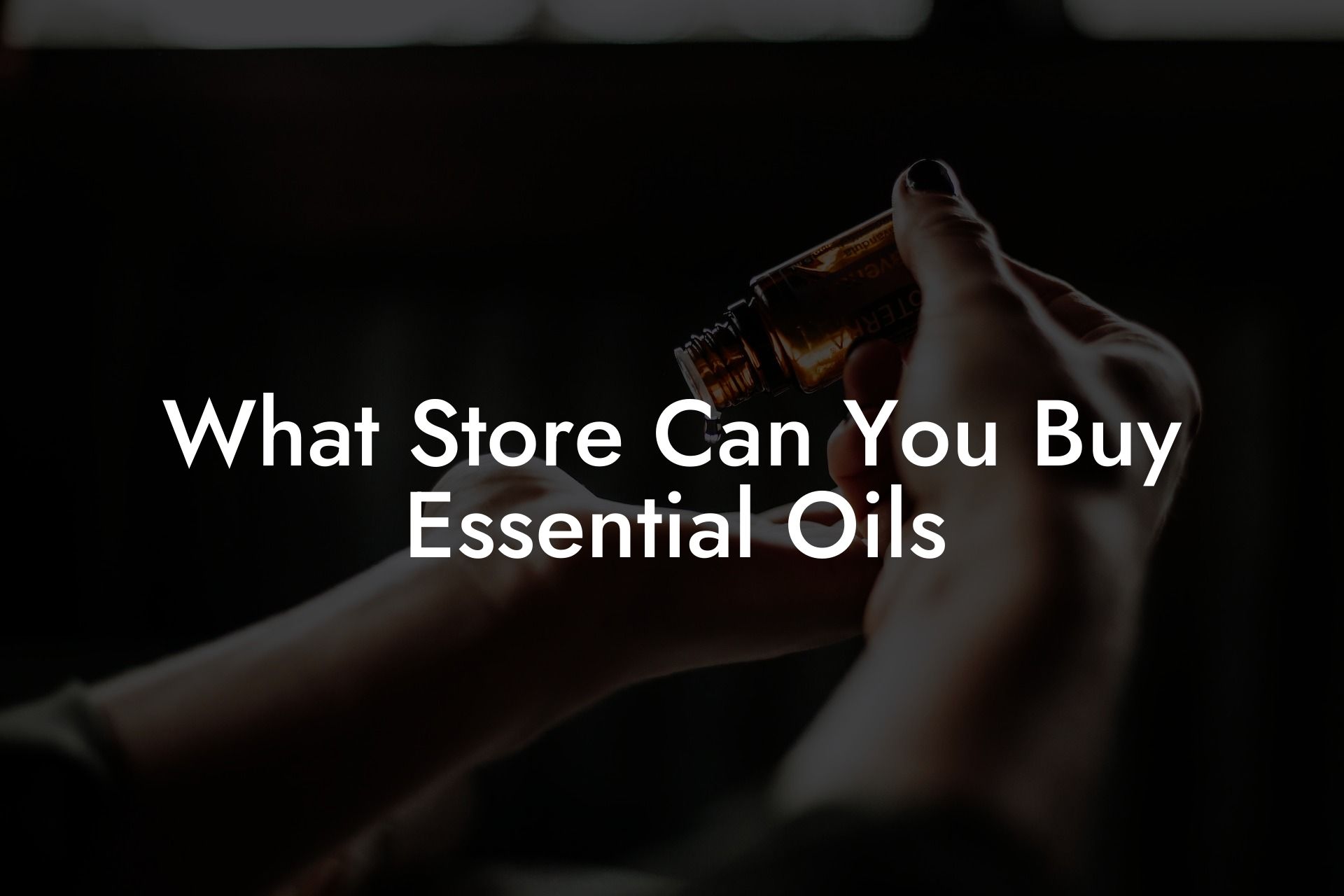Are you looking to incorporate essential oils into your daily routine but don’t know where to begin? You’re in the right place! In this guide, we’ll explore the different stores where you can buy essential oils and how to identify high-quality oils to elevate your aromacology journey.
Table of Contents
Where to Buy Essential Oils
There are various options when it comes to purchasing essential oils, both online and offline. Here are some popular choices:
1. Health Food Stores
Health food stores often carry essential oils as part of their natural products selection. They typically stock a wide variety of brands and essential oil types, making it a great option for exploring various scents.
2. Speciality Retailers
There are brick-and-mortar stores entirely dedicated to selling essential oils and related products. These specialty retailers might be more knowledgeable about essential oils and can provide you with expert advice in choosing the right oils for your needs.
3. Online Retailers
The advantage of shopping online is the convenience and sometimes lower price. Popular e-commerce platforms such as Amazon, eBay, and Etsy offer essential oils from a vast number of brands, making comparison shopping much easier. Keep in mind, however, that reading reviews can be essential for ensuring product quality.
4. Directly from Manufacturers
Some essential oil manufacturers sell their products directly on their websites. Buying directly from the manufacturer can guarantee that you receive pure and unadulterated oils, as well as provide the opportunity to learn more about the company’s sourcing and quality control practices.
How to Identify High-Quality Essential Oils
As the demand for essential oils continues to rise, it’s important to understand how to identify high-quality oils from adulterated or low-purity products. Here are a few key factors that differentiate a quality essential oil:
- Purity: Look for essential oils that contain only 100% pure plant extracts without added synthetics or carrier oils.
- Labeling: Ensure the label contains the plant’s botanical name, extraction method, and country of origin. This provides transparency and demonstrates the manufacturer’s commitment to quality.
- Reputation: Research the brand’s reputation, read customer reviews, and evaluate their commitment to quality and sustainability.
- Price: Be wary of prices that seem too good to be true. High-quality essential oils can be expensive due to the raw material and production costs involved.
What Store Can You Buy Essential Oils Example:
Imagine you’re at your local health food store, browsing the essential oil section. You encounter a brand that you haven’t heard of before, so you start by examining the label. You notice the label lists the botanical name for lavender (Lavandula angustifolia), the extraction method (steam distillation), and the country of origin (France). The label also states that it’s 100% pure essential oil with no additives.
You then decide to check online reviews for the brand and notice that customers appreciate the brand’s commitment to sustainability, sourcing plants ethically and producing high-quality oils. Although the price might be slightly higher than other options, you understand that it’s an investment in quality, knowing that pure essential oils deliver a superior aromacology experience.
Now that you know where you can buy essential oils and how to identify high-quality oils, you’re ready to start your aromacology journey! Remember to share this helpful guide with your friends and family to help them navigate the world of essential oils. Also, for more tips and expert advice, don’t forget to explore other guides on Oshu Oils, and check out the Oshu Oils range of artisan essential earth oils to enhance your overall wellbeing.





















